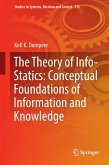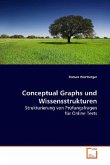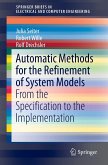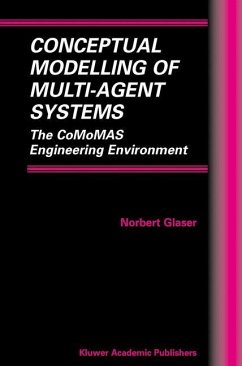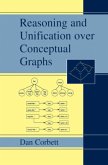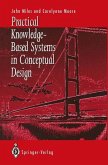How Humans use, represent, and organize concepts are age-old questions. A better understanding of humans conceptual representation is critical to create a better knowledge structure in information retrieval systems. Using the theory-based approach to concept representation and considering semantic relations as important constraints for a coherent knowledge structure, this dissertation investigated to find answers to important issues such as bases for categorization judgment, discrimination, classification, the role of intension and extension in conceptual coherence. By employing appropriate data-analytic tools that offer adequate formalization of concept representation, the Unified Medical Language System is used as the testbed for evaluating the knowledge structure. This study showed that only a rich and complex network of representation based on semantic content would address the profoundly complex human conceptual system. More importantly, this study confirms the underlying thesis that a mere similarity and feature/attribute/property correlation is not adequate to model representational systems.
Bitte wählen Sie Ihr Anliegen aus.
Rechnungen
Retourenschein anfordern
Bestellstatus
Storno


